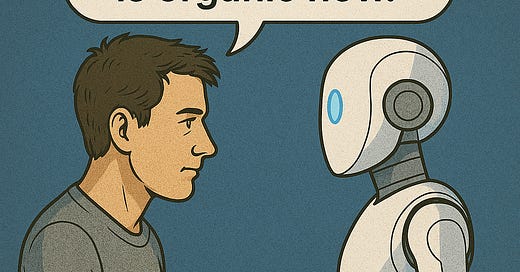Exclusive: Emmett Shear Is Back With a New Company and A Lot of Alignment
Insert coup pun here
A new AI alignment player has entered the arena.
Emmett Shear, Adam Goldstein and David Bloomin have set up shop in San Francisco with a 10-person start-up called Softmax. The company is part research…
Keep reading with a 7-day free trial
Subscribe to Core Memory to keep reading this post and get 7 days of free access to the full post archives.




